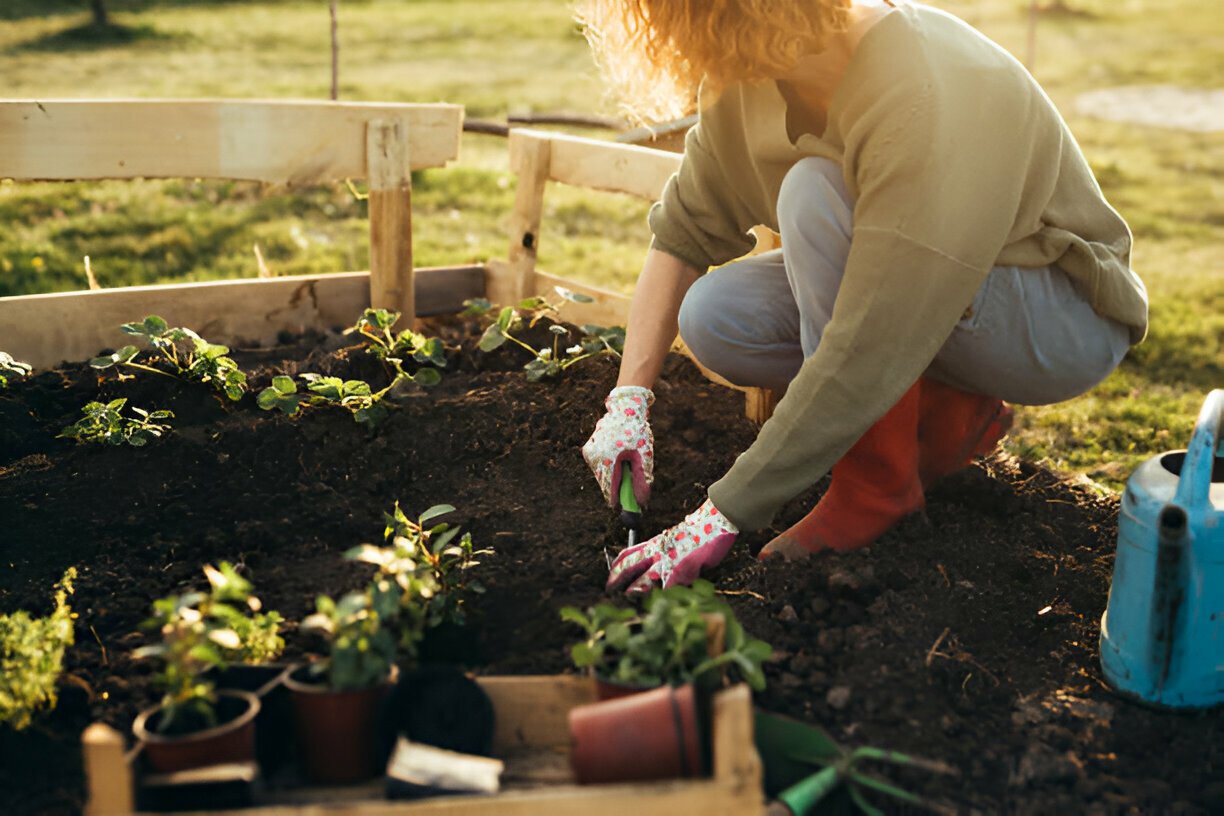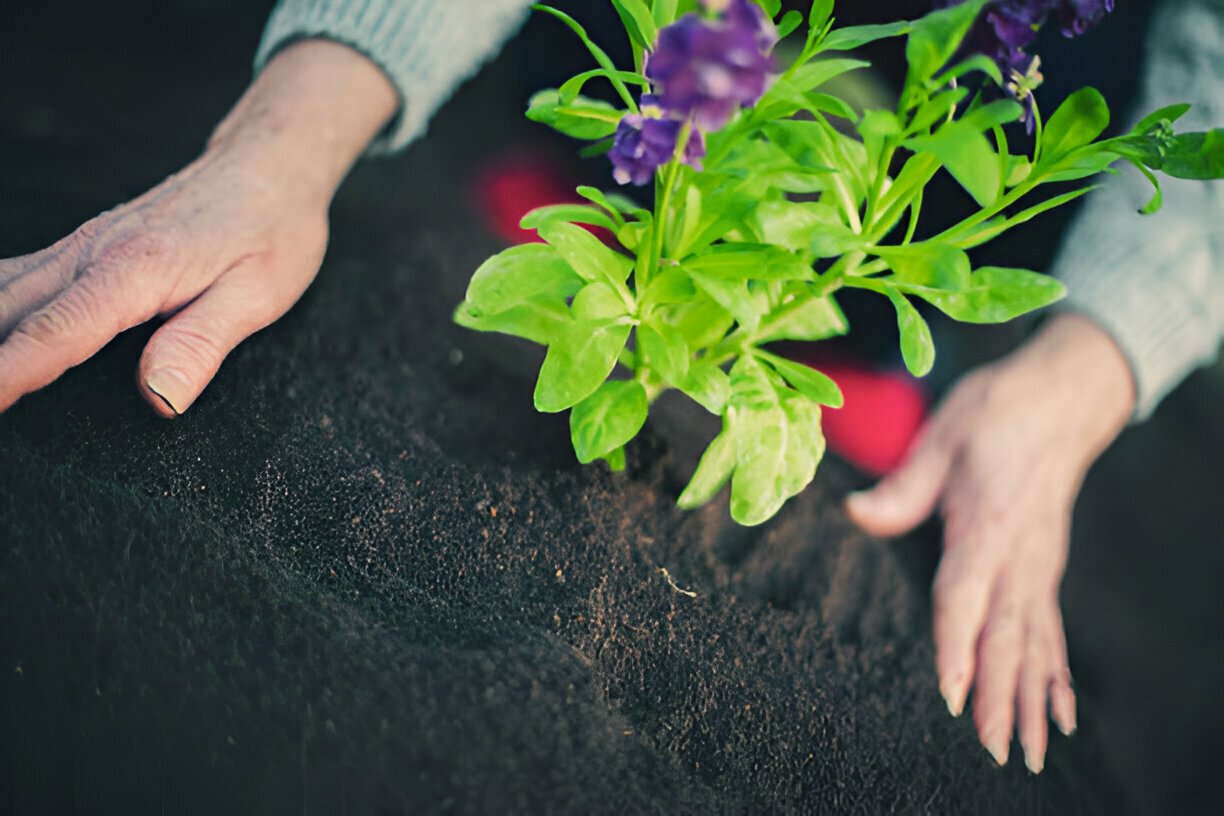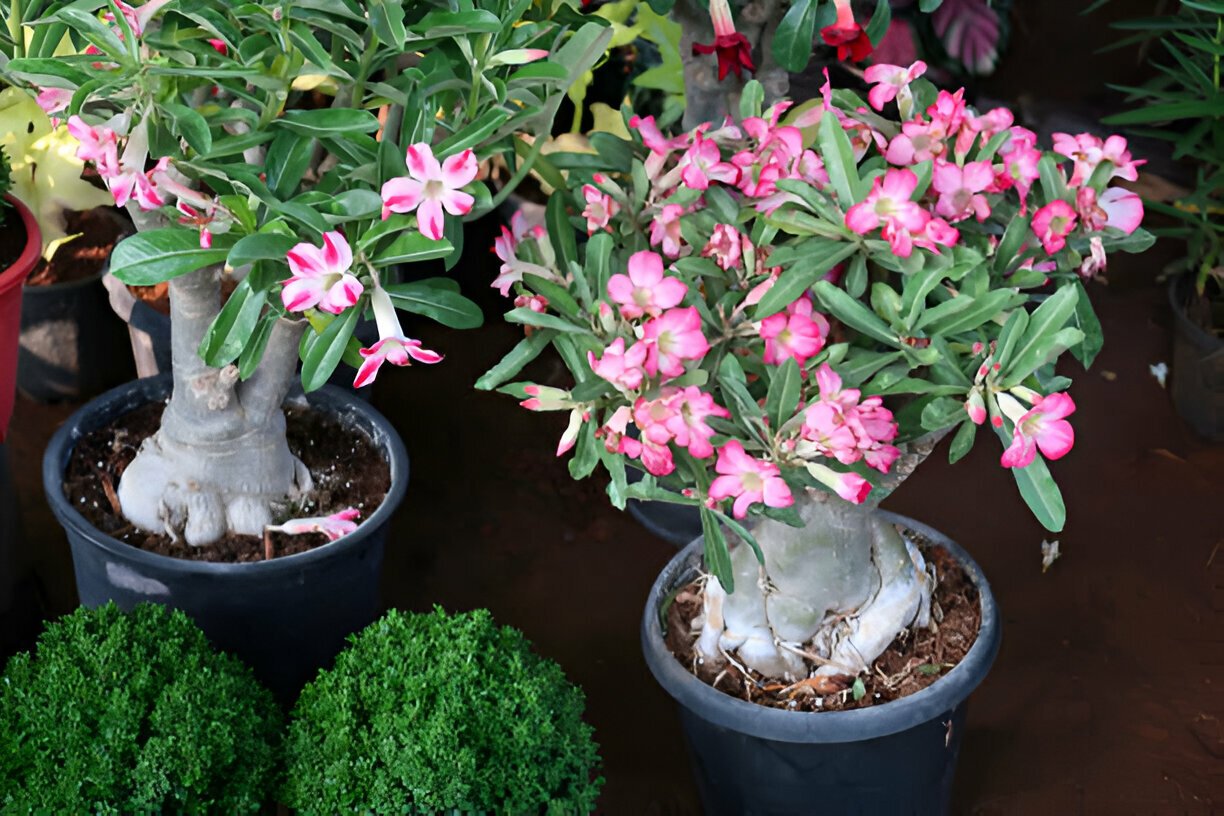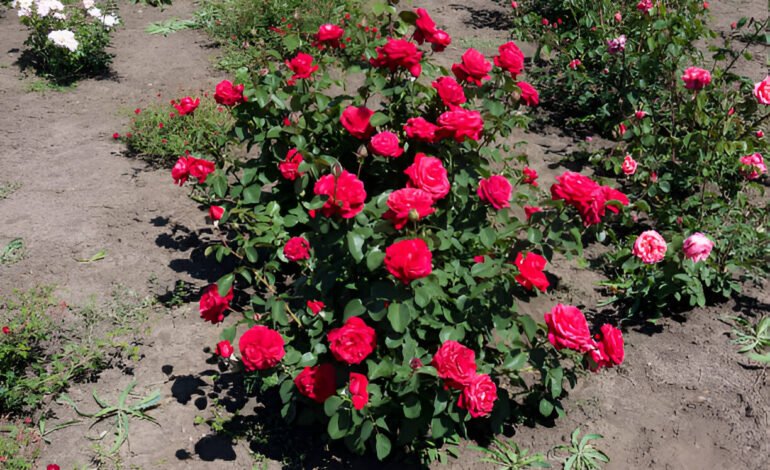
Are Roses Drought Tolerant? Expert Advice for Growing Roses in Dry Yards
Rose plants are admired in beauty and captivating fragrance, but will they survive in a dry environment? Well, those living in areas receiving minimal rainfall may have one burning thought: whether roses are the right flowers to be planted in your garden yard. This article looks at the drought tolerance of roses, plus professional advice on how to cultivate them in successful conditions in dry yards.
Growing roses can be pretty vexing when you live in dry conditions, but this does not mean it is impossible. If you live in such conditions, it is still possible to see and enjoy the many beautiful types of roses provided you give them just the right care and attention they need. This article will walk you through selecting, planting, and maintaining roses in a dry yard so that they may really thrive despite the lack of water.
Understanding Rose Varieties
But, in fact, drought tolerance does vary among roses. Many bear a greater degree of drought tolerance than others do.
Types of Roses
Hybrid teas, floribundas, grandifloras, and shrub roses are a few of the types of roses. Each has different characteristics and needs.
Drought-Tolerant Varieties
Other varieties of roses, such as Rugosa and species roses, actually prefer dry conditions. These types of roses have learned to survive with less water in more austere conditions.
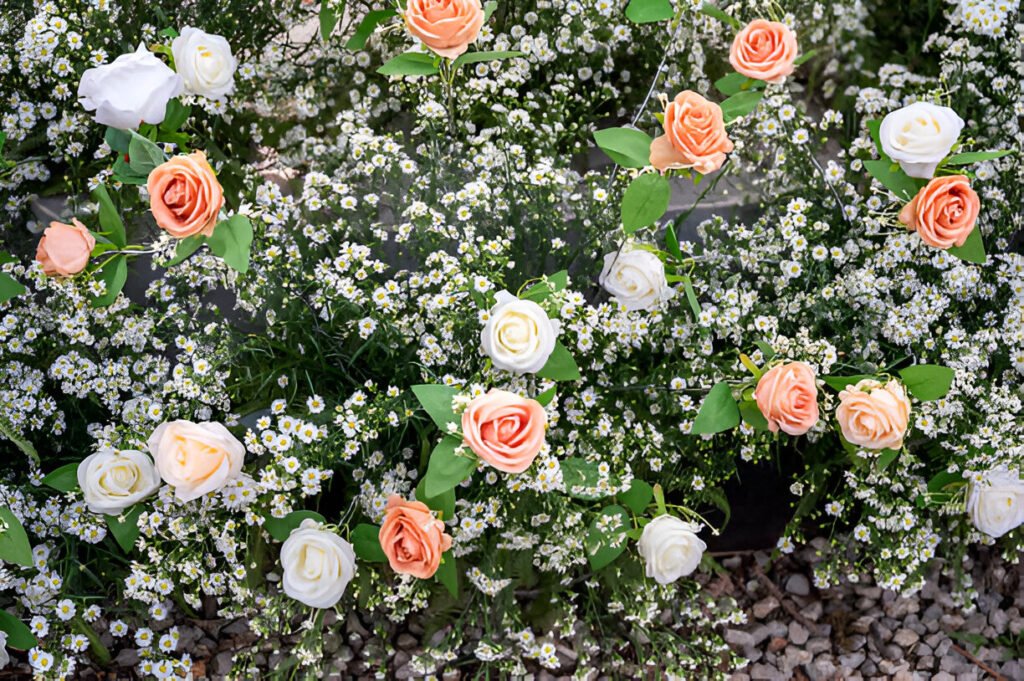
Choosing Drought-Tolerant Roses
Picking the right roses for your dry yard is going to be so very important toward success.
Research and Selection
Consider varieties of roses that are known to perform well in dry conditions. Consult with local nurseries or master gardeners regarding their recommendations.
Hardy Varieties
Look for hardy varieties that show less tendency to suffer from diseases and pests, which can irritate your plants far more in dry conditions than in wet ones.
Soil Preparation
The foundation of any good rose garden is its soil.
Soil Composition
Ensure your soil has good drainage and is rich in organic matter. Amend the soil with compost or well-rotted manure to improve its structure and water-holding capacity.
pH Levels
Roses do best in soil that is slightly acid to neutral-soil pH of 6.0 to 7.0. It’s a good idea to have your soil tested and then adjust the pH if necessary to give your plants the best possible environment.
Planting Methods
Following proper planting methods will help get your plants off to a superb start and enable them to tolerate drought with ease.
Planting Depth
Plant at the correct depth, being sure to position the bud union (that swollen area from which the rose was grafted) just above the soil line. This helps to protect the roots from large swings in temperature and also changes in moisture level.
Spacing
Plant with adequate spacing between to allow good aircirculation and reduce competition for water and nutrients.
Watering Strategies
Good methods of watering are critical for roses in xeriscape yards.
Deep Watering
Water deeply but less frequently to encourage homesandgarden to form deep tap roots. Shallow watering only encourages shallow, weak roots that stress more easily during drought periods.
Watering Schedule
Establish a regular watering schedule and adjust according to weather conditions and the specific needs of a plant.
Mulching for Moisture Retention
Mulching is a simple yet effective way to conserve soil moisture and reduce water evaporation.
Types of Mulch
Use organic mulch, such as wood chips, straw, or compost, to cover the soil around. This helps retain moisture, suppress weeds, and regulate soil temperature.
Application
Apply a layer of mulch 2-4 inches thick, keeping it a few inches away from the base of the plants to prevent rot.
Pruning and Maintenance
Regular pruning and maintenance keep healthy and resilient.
Pruning Techniques
Prune to remove dead or diseased wood, shape the plant, and promote air circulation. This reduces stress on the plants and helps them conserve water.
Fertilizing
Feed your with a balanced fertilizer, but avoid over-fertilizing, as this can lead to excessive growth that requires more water.



